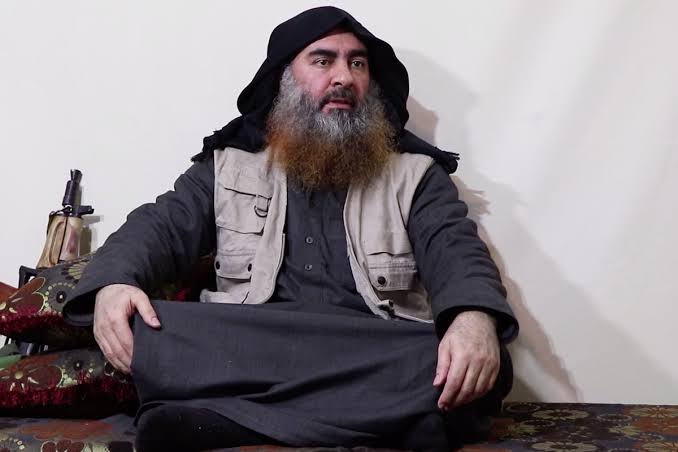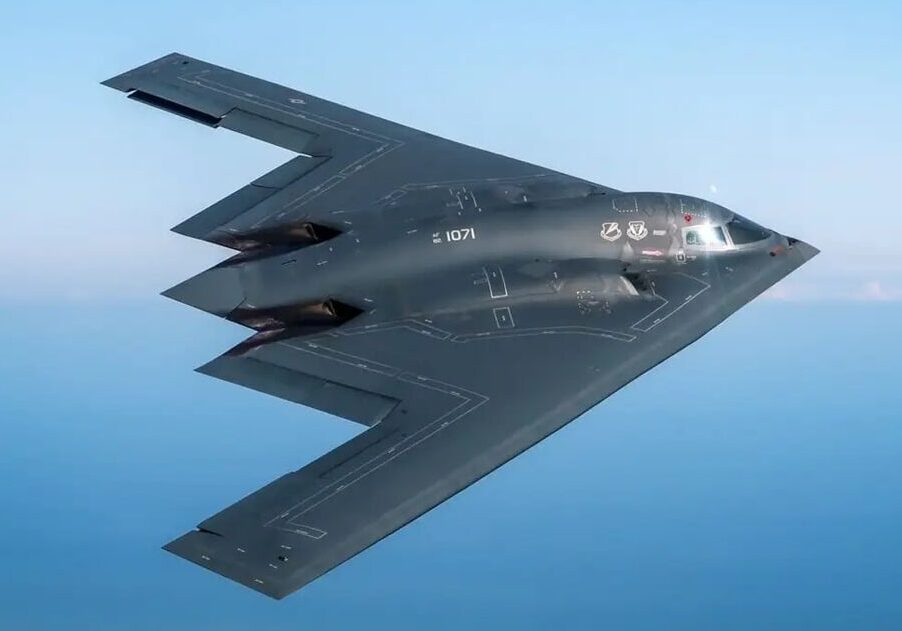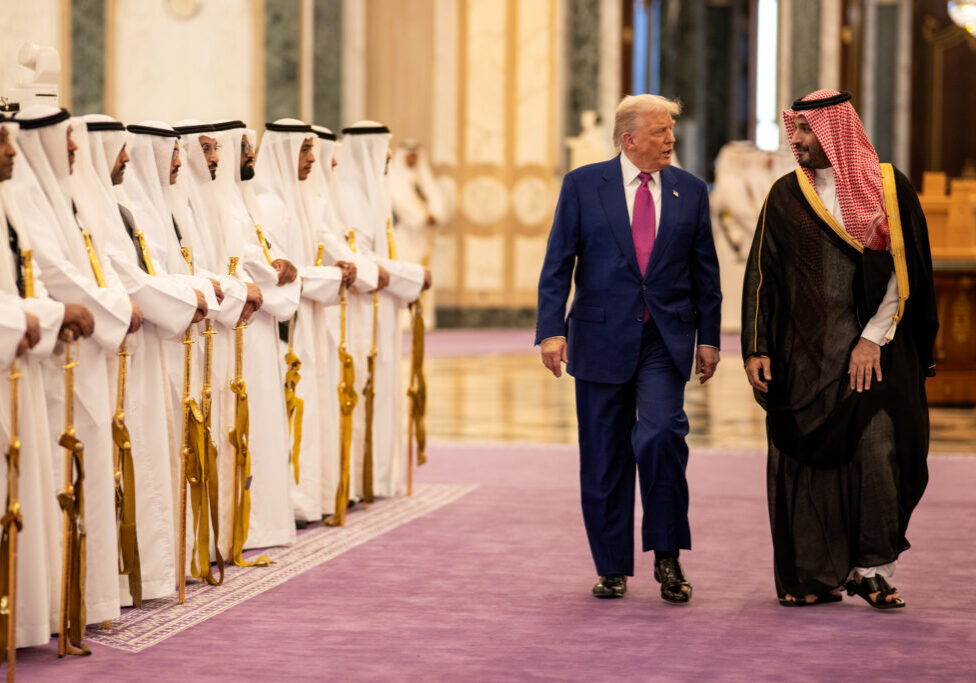Australia/Israel Review
Deconstruction Zone: The Legacy of Abu Bakr al-Baghdadi
Nov 1, 2019 | Michael Rubin

US President Donald Trump confirmed on October 27 that US forces killed Islamic State leader Abu Bakr al-Baghdadi in the early morning hours in a raid on his hideout in Syria’s Idlib province. Baghdadi reportedly detonated his suicide vest as US forces approached.
Baghdadi’s death is certainly a victory, although it does not affirm Trump’s reasoning for his precipitous withdrawal from much of northeastern Syria nor his abandonment of the US partnership with the Syrian Democratic Forces (SDF). Indeed, SDF commander Mazloum Abdi said in an email shortly after confirmation of Baghdadi’s death that the operation against the Islamic State leader was the result of five months’ “joint intelligence work” between the SDF and US forces.
Nor does Baghdadi’s death mean the threat posed by the Islamic State is over.
In 2006, Matthew Philips, a reporter for Newsweek, wrote a contemptuous essay entitled “Bush’s New Word: ‘Caliphate’” in which he castigated then US President George W. Bush for even citing the term. “The beauty of ‘caliphate’ is that no one but students of Islamic history have much more than a vague idea of what it means,” Philips wrote. Not only did the President err by dredging up a historical term with little relevance to the present day, he implied, but Bush was also wrong to ascribe a negative to a concept with roots in the golden age of Islam.
In hindsight, of course, Bush was right to understand that the concept of caliphate had deep resonance in the Islamic world. Baghdadi’s July 2014 public sermon in Mosul, Iraq, in which he declared himself caliph did not resurrect the concept, but merely tapped into something which many Muslims craved, hence his ability to attract within months fighters from more than 100 different countries.
It is this embrace of the caliphate which will survive Baghdadi’s death. That the Islamic State at its height controlled almost one-third of Iraq and Syria captured the imagination of extremist Muslims worldwide. That Baghdadi allowed his followers to enslave Yazidis and non-Muslims whom they captured also made real in contemporary society practices abandoned by most Muslims centuries ago.
But does the nature of his death change things? The late Al-Qaeda leader Osama Bin Laden famously quipped, “When people see a strong horse and a weak horse, by nature they will like the strong horse.” Perhaps this is why Trump highlighted that “he died like a dog, he died like a coward.”
The problem is that the Islamic State propagated an ideology which took the eventuality of Baghdadi’s death into account. In 2014, journalist Graeme Wood noted, “The Bahraini cleric Turki al-Bin’ali [who, prior to his death, was among the Islamic State’s top theologians] cites a saying attributed to Muhammad that predicts a total of twelve caliphs before the end of the world. Bin’ali considers only seven of the caliphs of history legitimate. That makes Baghdadi the eighth out of twelve.”
In practice, this means that any successor can try to tap into the same forces and resentment that propelled Baghdadi to power. If he succeeds, he can claim legitimacy as the ninth caliph; if he fails, then those seeking the caliphate can explain his death by saying that this proved he was not legitimate.
This is not just academic theory. I spent much of recent weeks talking to political and military officials in Afghanistan and Pakistan. Afghanistan hardly hits the headlines today. When it does, it is often in the context of either a Taliban terrorist attack or US Special Envoy Zalmay Khalilzad’s efforts to strike an agreement with the Taliban. Both of these, of course, concern Afghan and Pakistani authorities, but their biggest fear is that the Islamic State has established a presence between and perhaps within both countries.
On October 18, for example, a suicide bomber killed dozens during Friday prayers in a Nangahar village in Afghanistan. Afghan officials said they suspect the Islamic State rather than the Taliban was to blame because the same mosque and townsmen had been threatened by the group weeks earlier.
In short, Trump and US forces deserve congratulations for ridding the earth of the murderous would-be caliph. But to believe the forces which propelled him to power and infamy will dissipate with his death would be naïve. Baghdadi’s concept of the caliphate will play out for years, decades, and perhaps centuries to come.
Michael Rubin is a resident scholar at the American Enterprise Institute (AEI). Reprinted from the “Middle East Watch” blog of The National Interest (nationalinterest.org). © Michael Rubin, reprinted by permission of the author, all rights reserved.
Tags: Islamic State, Syria, United States






